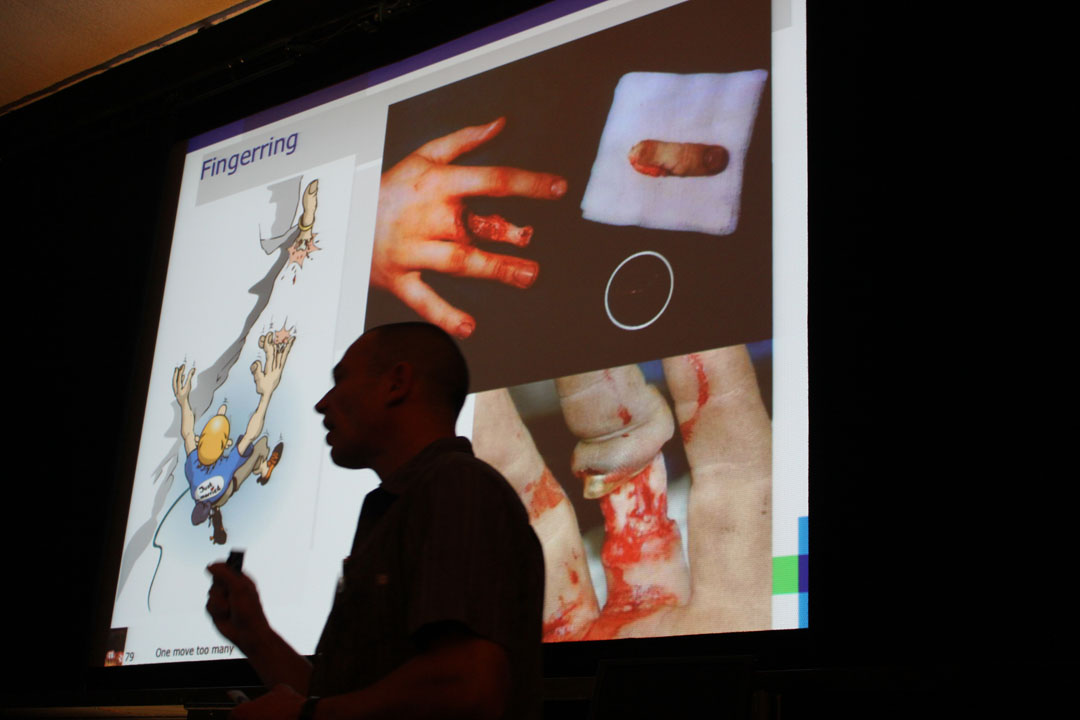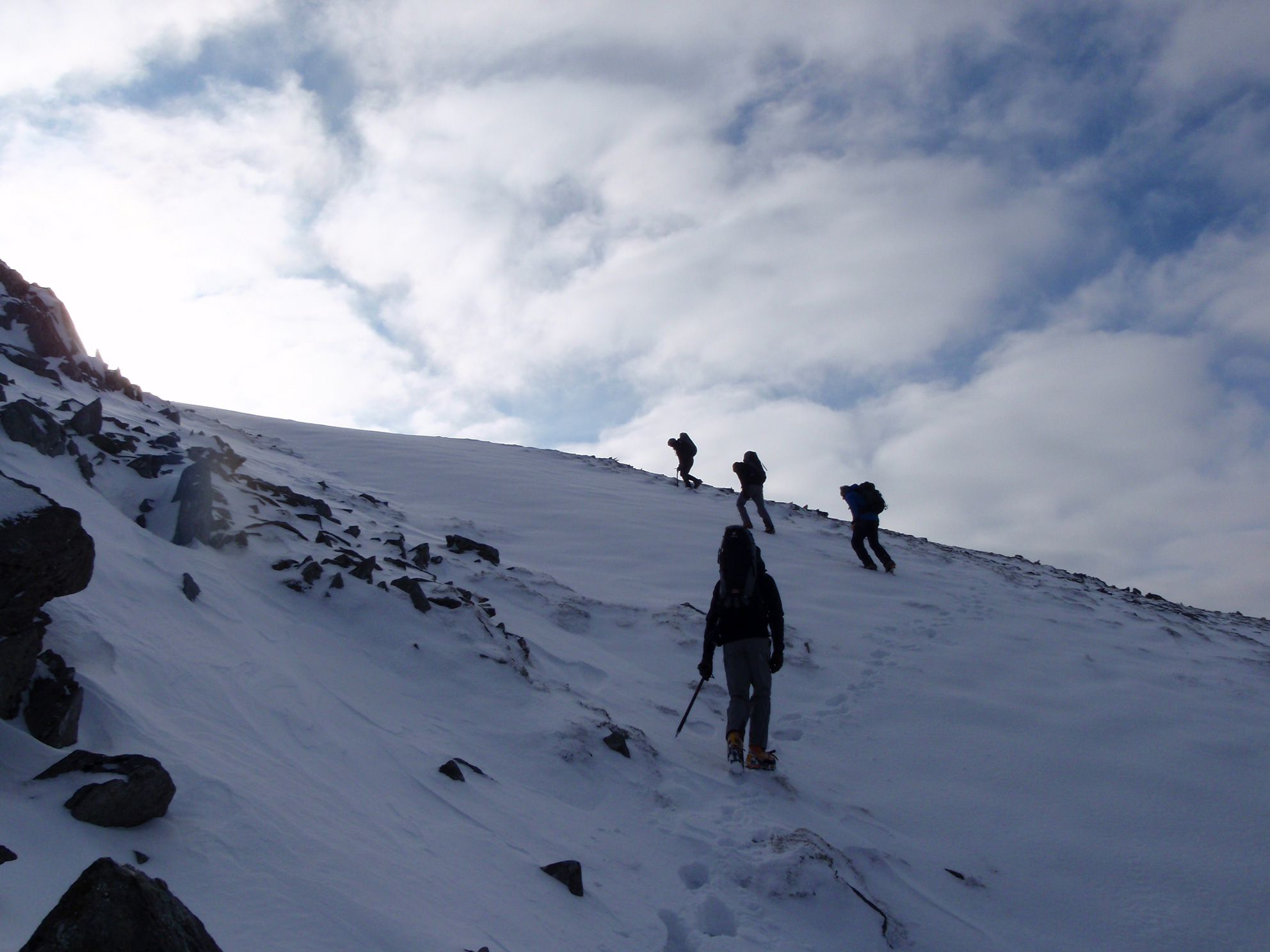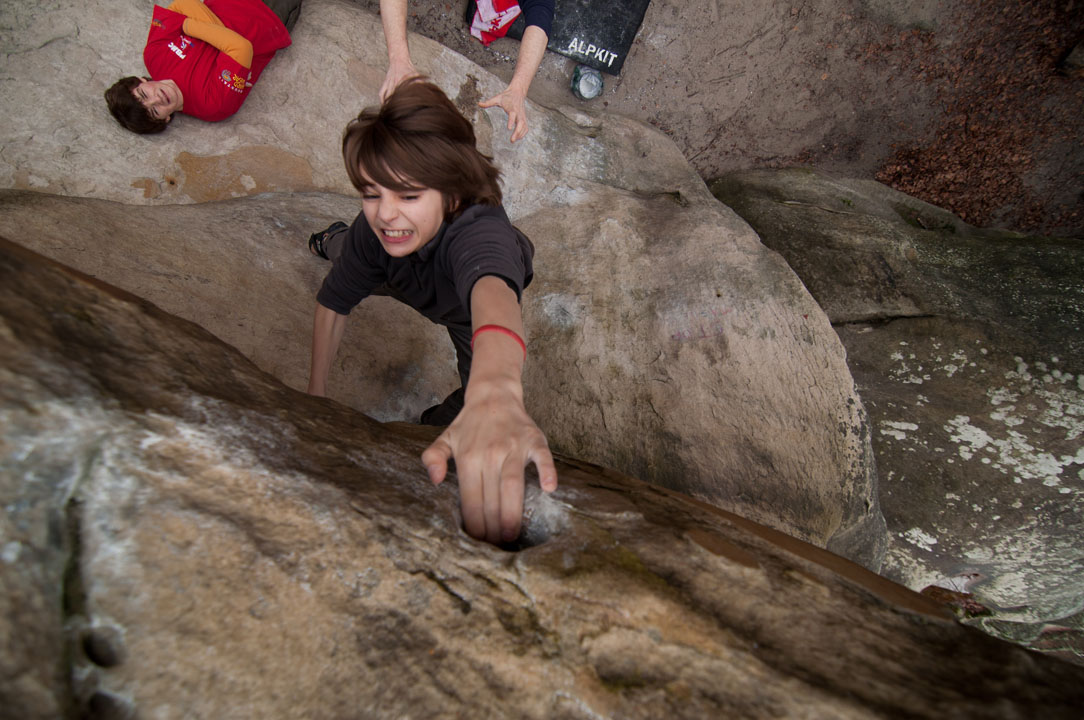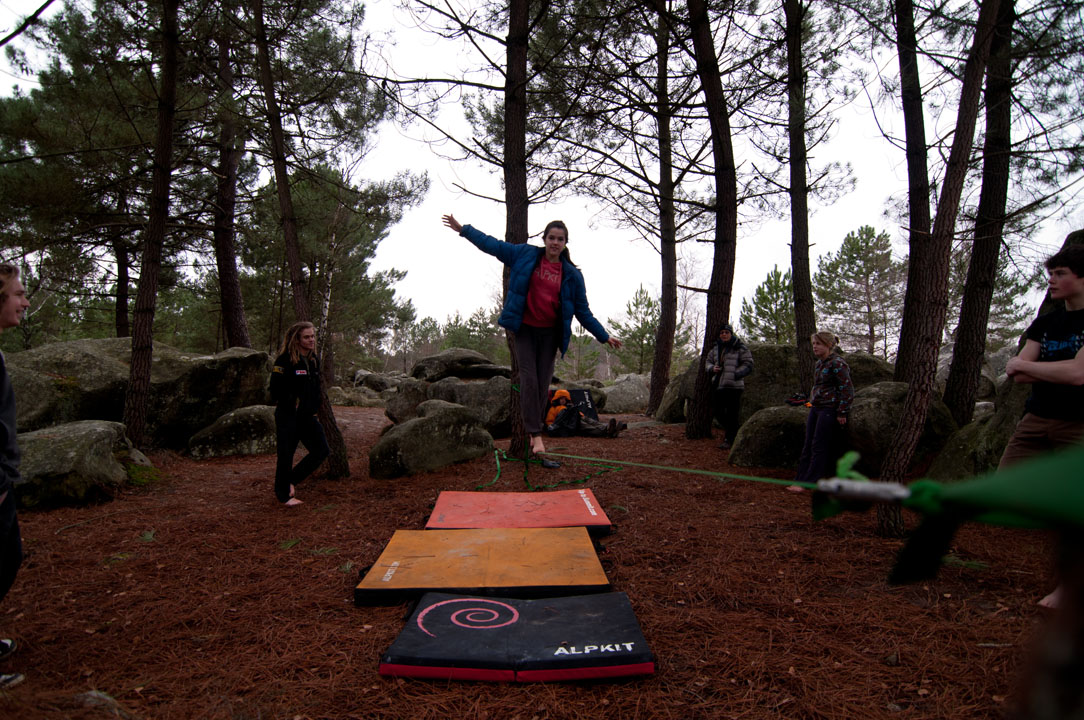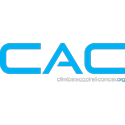Supplements for climbers
Many of my friends have used sports supplements for climbing, lots of them use protein shakes during and after training and some have used creatine in the past.
After asking them if they feel it makes a difference, the protein powder users mostly thought it did aid recovery from a hard training session and felt their body did recover faster if they used it, the creatine users were different as out of 8 people that were using it only 2 said that they felt there was a difference in their training.
For those who don’t know what they do;
Protein powder for climbers –
Protein aids recovery times after hard training session, with this thought people have no gone onto protein loading after sessions through supplements.
There are many different forms of protein and extracts claiming to do different things, the most common are Whey, Casein and Soy. There is much speculation to the use of protein powder as our body usually has sufficient amounts from a normal varied diet with enough calories. However there is a little evidence to support the idea of muscle hypertrophy within a one hour window following intensive training.
Does this mean we all have to get on the protein shakes?
If we are choosing to protein load then surely we can just eat more high containing protein foods after training in the hour window instead of supplements?
Creatine for climbers –
Our body naturally produces creatine but in small doses, this is stored in our muscle cells, it aids our high intensity muscle contractions, for example in hard bouldering moves. However a study with elite rowers taking creatine supplementation during a seven-day endurance training event experienced improvements in lactate threshold, an indicator of endurance compared with those taking a placebo.
Due to the lack of creatine in our body people have been known to take creatine with the thought that this will improve muscle mass, aid in pulling harder moves and increase training capabilities.
As for the evidence base behind the side effects of creatine use it is still early days, however there is lots of thoughts out there if you have a little look. At the end of the day, I’m pretty sure Ron Fawcett wasn’t using it…. And he was alright at climbing no?
My Opinion
Now this is the tricky bit, I have used protein powder after training, why? Well because everyone else was, I thought it might help.
Personally when I look back on my climbing I was climbing no better or worse when using protein powder, I cant remember ever suffering from training more or less and the competition results say no better nor worse, so I stopped, saved myself lots of money.
A jam sandwich and glass of milk is apparently more efficient at aiding our recovery. Could this be another ploy from the milk and Jam companies though? You know how sneaky those jam companies can get…..
Surely eating a controlled diet could give us the required supplements, more creatine; eat more meat, more protein; eat more lean meats, fish, milk etc.
All of this is in my eyes easily controlled through a varied and educated diet. Eating the correct foods after training will mean more vitamins, minerals and the supplements we are after, not just one specific section of our diet.
Thoughts from the Oxford research team and the British Medical Journal;
Oxford research team and the British Medical Journal said the science does not back up that claim.
Dr Heneghan said: “The evidence does not stack up and the quality of the evidence does not allow us to say these do improve in performance or recovery and should be used as a product widely.”
Nutrition expert Professor Mike Lean of the University of Glasgow described what little evidence there is that certain amino acids, which form part of proteins, may improve muscle strength as “absolutely fringe evidence and I think that that is almost totally irrelevant, even at the top level of athletics”.
Prof Lean said the market for supplements is “yet another fashion accessory for exercise… and a rather expensive way of getting a bit of milk.”
References
International Journal of Sport Nutrition and Exercise Metabolism”; Effect of Creatine Supplementation on Aerobic Performance and Anaerobic Capacity in Elite Rowers in the Course of Endurance Training; J. Moneta-Chwalbinska, et al.; June 2003
British medical journal; The evidence underpinning sports performance products: a systematic assessment; Carl Heneghan, Jeremy Howick, Braden O’Neill, Peter J Gill, Daniel S Lasserson, Deborah Cohen, Ruth Davis, Alison Ward, Adam Smith, Greg Jones, Matthew Thompson July 2012
Below is the hour long investigation by the program Panorama, a very interesting and thought provoking watch.
http://www.youtube.com/watch?v=4Rul7XbM844

